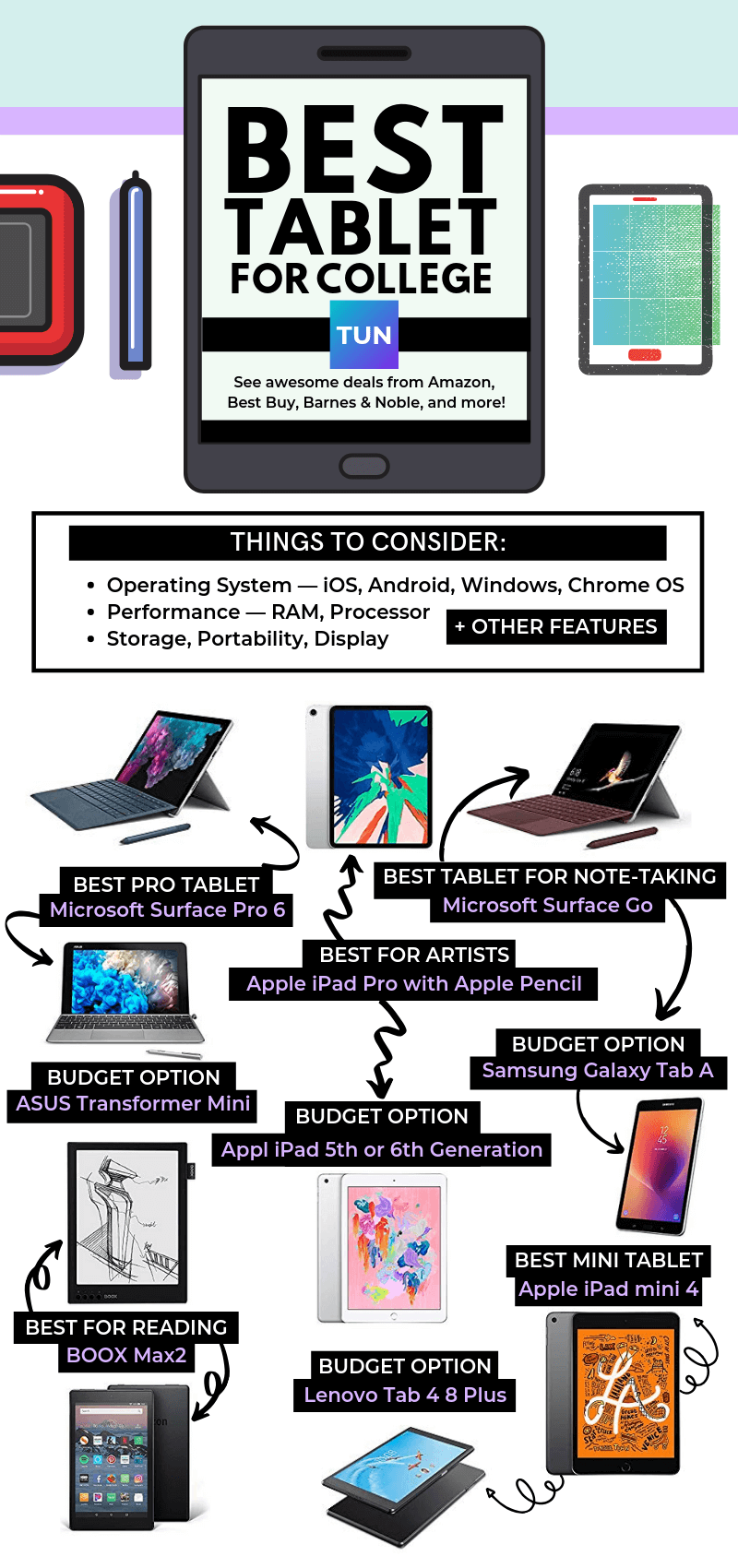Ah, the summer before college.
Excited and eager to experience the “full freedom” that is college life, yet nervous about starting a whole new chapter in life. It’s normal to have mixed feelings. It’s okay if you feel overwhelmed!
Incoming college students can take proactive steps during the summer before college to ensure a smooth transition and a successful freshman year. Firstly, familiarizing themselves with the campus and its resources can be immensely helpful. This can include taking virtual or in-person campus tours, locating key buildings such as academic centers, libraries, and student services offices, and familiarizing oneself with campus amenities like dining halls, recreational facilities, and study spaces. Additionally, reaching out to current students, alumni, or mentors for advice and insights can provide valuable tips on navigating campus life and making the most of the college experience.
Moreover, incoming freshmen can use the summer to get organized and prepare academically for the challenges ahead. This can involve reviewing course materials, textbooks, or syllabi for upcoming classes to gain a basic understanding of the subjects. Additionally, considering enrolling in summer bridge programs, orientation sessions, or introductory courses offered by the college can provide a head start and help ease the transition into college-level coursework.
Furthermore, taking care of practical matters such as housing arrangements, financial aid paperwork, and course registration well in advance can help alleviate stress and ensure a smoother start to the semester. By taking proactive steps and investing time in preparation during the summer, incoming college students can set themselves up for a successful freshman year and lay the foundation for a fulfilling college experience.
We’ve narrowed down the checklist to 10 different ways to take action. For incoming students who don’t know where to start, read on!
Do these 10 things this summer to ensure that you get the first button right.
A Summer Checklist for College Students
1. Contact your soon-to-be roommate (if you are dorming).
You’ll be spending quite some time with your roommate once school starts, so you might as well get to know them before school starts. Honestly, how awkward is it to meet someone for the first time and then sleep in the same room as them that same day? To avoid this awkward situation, you should at least talk to your roommate before the move-in day. The first step could be email (simply introduce yourself), and then maybe after a couple of back and forth you can add them on social media. But take caution: while social media can be a good way to learn about the other person’s interests, hobbies, and lifestyle, it’s never the whole story. So skim, don’t stalk!
And speaking of social media…
2. Clean up/organize your social media accounts.
- Remove any old, embarrassing posts that you don’t want your roommate to see.
- Make a LinkedIn account. You can find jobs/internships, network with professionals in any field, and much more. You might not use it all too much right away, but you’ll definitely see the use of it later on in your college life. (Speaking of which… you should begin your internship search NOW – trust me, it’s not too early!)
- Join the Facebook page and/or follow the Twitter account for your class and stay updated! Talk to people, ask questions, and make friends before you officially start college.
Check out TUN’s Internships and Volunteer Opportunities.
3. Make a list of things you need to buy for your college dorm.
It might be a good idea to list out everything you will need for college and start knocking them out before you get to college.
TUN has put together comprehensive shopping guides for the most commonly searched for items for college, including headphones, tablets, laptops, and so much more.



Check out TUN’s Featured Student Discounts.
4. Register for college classes.
Review (which means actually read through) the syllabus for each class to see if it’s something that you’d actually be interested in. Remember, this is college, where you actually pay for your classes– so only register for classes that you think are going to be worth your time, money, and effort! *You might also want to check the reputation of the professor before registering for a class, although you have to use your discretion with some of the reviews.*
See: 10 Tips to Choose the Right College Classes
5. Apply for scholarships.
Most colleges offer financial aid and assistance of some sort, including university grants, but you can always apply for outside scholarships! But before you go ahead and start applying to scholarships, master these scholarship hacks first so you don’t waste time! Research online for options and it doesn’t hurt to reach out to your school’s financial aid office for information as well.
Check out TUN’s Scholarship Search Engine.
6. Look up textbooks for your classes.
+ Be warned: textbooks are expensive. However, there are good and bad times to buy textbooks, so be sure to do your research beforehand!
7. Research clubs and organizations offered by your school.
Be prepare to get involved! One thing that a lot of college grads express regret over is not being involved on campus. Joining clubs and organizations is a great way to make friends and build professional relationships.
8. Look into your school’s Study Abroad programs (highly recommended!).
Plan ahead: talk to your parents, do some research, and write down any questions you might have.
See: 7 Reasons to Study Abroad and Study Abroad Scholarships
9. Pick up forgotten hobbies or learn new skills!
This may be picking up your guitar that’s been dusting in the corner of your room for years, vlogging, getting back in shape, or learning Photoshop or Excel. Let’s face it– you probably have more time now than you’ll ever have (sorry…) so make good use of it! Here are some free online classes you can take this summer, at the comfort of your own home.
Check out TUN’s Online Class Search Engine.
10. Take it easy.
In college, most students work over the summer, and after you graduate from college, you’ll surely miss the big block of free time called summer vacation. So take advantage of your last summer before you begin college and make sure you have a good time. Take a road trip with friends, go on a family vacation, and spend time hanging out with your high school friends before parting ways (even though you are probably going to get together for Thanksgiving break, Christmas break, New Year, and basically any major holidays or breaks)!
Conclusion
College students can make the most of their summer before the semester begins by engaging in a variety of activities that can help them prepare for the academic year ahead. Firstly, focusing on academic readiness is crucial. This can involve reviewing course materials, textbooks, or syllabi for upcoming classes to gain a foundational understanding of the subjects.
Additionally, students can take advantage of online resources, such as educational websites or platforms, to brush up on key concepts or learn new skills related to their field of study. Furthermore, considering enrolling in summer courses or workshops can provide a head start and alleviate some of the workload during the semester.
Beyond academics, a college student can also use the summer to enhance their personal and professional development. This could include seeking out internships, volunteering opportunities, or getting a part-time summer job relevant to their career interests. These experiences not only offer valuable skills and insights but also help build a network and boost resumes, which is necessary in your college career journey.
Moreover, investing time in extracurricular activities like clubs, sports, or hobbies can contribute to personal growth and well-being, fostering a balanced lifestyle. Additionally, taking care of practical matters such as securing housing, financial aid, or transportation arrangements well in advance can alleviate stress once the semester begins.
Furthermore, it’s essential for students to prioritize their mental and physical health during the summer break. Engaging in activities that promote relaxation and self-care, such as exercise, meditation, or spending time with loved ones, can help recharge and prepare for the demands of college life. Establishing healthy habits early on, such as maintaining a consistent sleep schedule and nutritious diet, can also lay the foundation for a successful academic year.
Lastly, students can use this time to set goals and develop a plan for achieving them throughout the semester, whether it be academic, personal, or professional aspirations. By taking a proactive approach to college prep during the summer, students can enter the new academic year feeling confident, organized, and ready to thrive.




